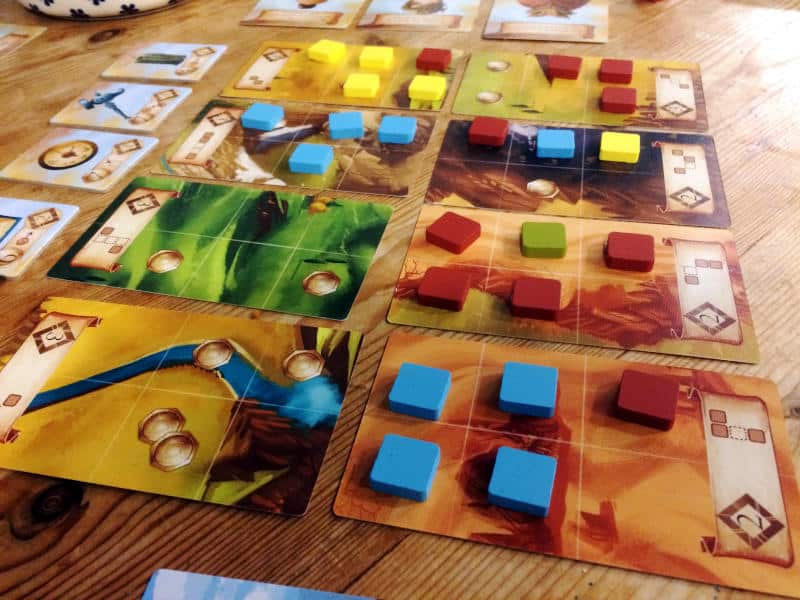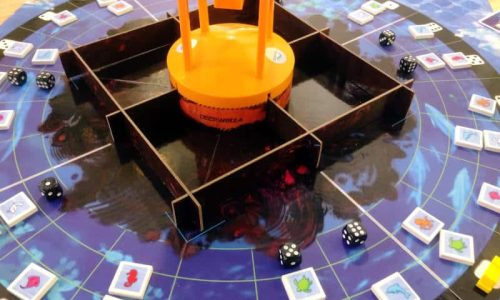
Teaching games – light games (Topic Discussion)
- Nelly
- July 18, 2024
- Board Games
Teaching games have long been used as an effective tool in education. By incorporating games into the learning process, educators can make the material more engaging and enjoyable for students. In this article, we will focus on light games, which are games that are easy to learn, quick to play, and provide a fun and casual learning experience.
One of the key benefits of using light games in teaching is that they can help students retain information more effectively. When students are having fun while learning, they are more likely to remember the material and stay engaged throughout the lesson. Light games are also a great way to break up the monotony of traditional classroom instruction and provide a welcome change of pace for students.
Another advantage of teaching light games is that they can help students develop important skills such as critical thinking, problem-solving, and teamwork. Many light games require players to think strategically and work together to achieve a common goal. By playing these games, students can practice these skills in a fun and low-stakes environment, which can help them build confidence and improve their academic performance.
Furthermore, light games can be used to reinforce specific concepts or topics that students are learning in class. For example, a teacher could use a vocabulary-building game to help students practice new words, or a math game to reinforce basic arithmetic skills. By integrating light games into the curriculum, educators can provide a hands-on learning experience that complements traditional instruction and helps students better understand and retain the material.
Finally, light games can also be a great way to promote social interaction and collaboration among students. Many light games are designed to be played in groups, which can encourage students to work together, communicate effectively, and support one another. This can help students develop important interpersonal skills that will serve them well both in and out of the classroom.
In conclusion, teaching light games can be a valuable tool for educators looking to make learning more engaging and effective for their students. By incorporating light games into the curriculum, teachers can create a fun and interactive learning experience that helps students retain information, develop important skills, and promote social interaction. Whether used as a supplementary activity or as a primary teaching tool, light games have the potential to enhance the educational experience for students of all ages.




